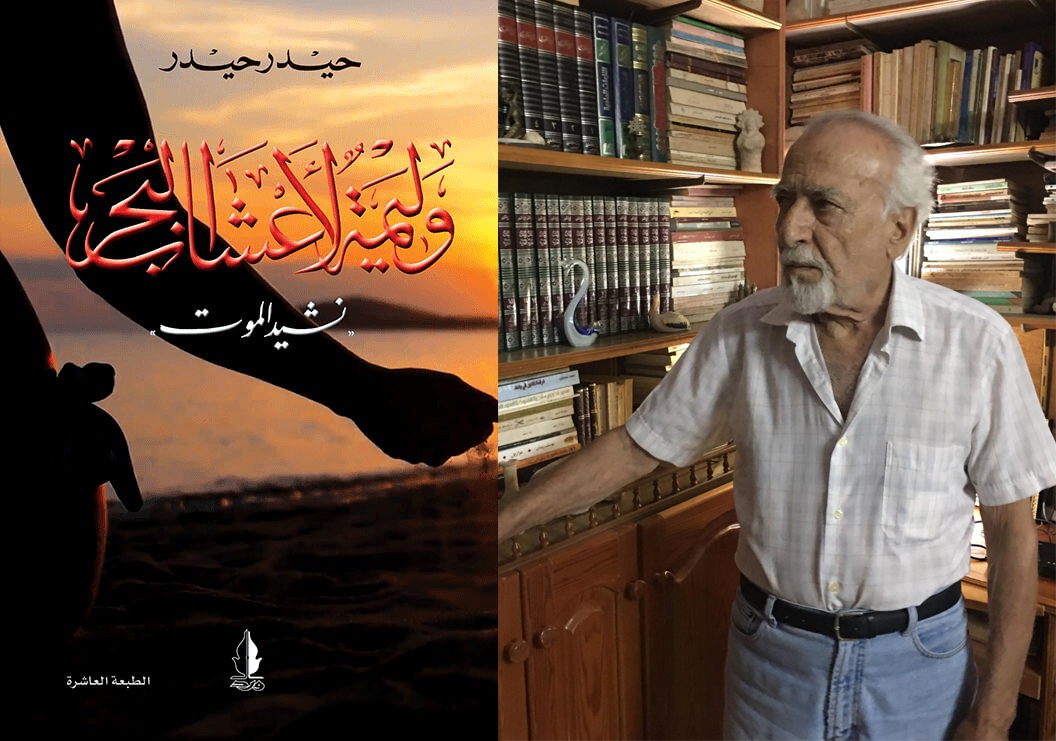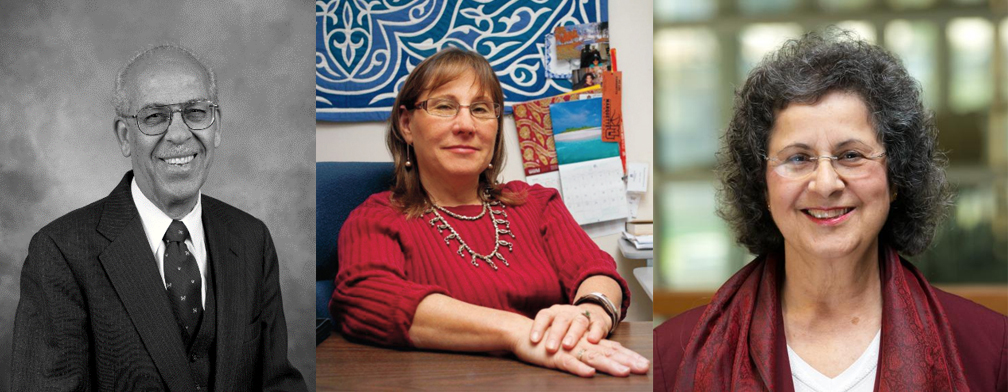Books
For the ordinary reader, “Love Letters” is a short yet savorable book, with letters you can thumb through when drawn to thoughtful musings or aspirations to better oneself. For those interested in Gibran as either a literary giant or an artist, this collection of letters provides a nuanced narrative of his deep spiritual yearnings, dedication to his work, extended gentleness, and benevolent humor.
Haidar Haidar’s ‘Banquet for Seaweed’ Attempts a Balancing Act
‘Dunya', New Novel by Alawiyah Sobh: A Look into Pandora’s Mid-Eastern Box
From Kansas to Beirut: A Tale of Two Women
Narrating and Re-Narrating the Arab American Story
Arab Americans in Film: From Hollywood & Egyptian Stereotypes to Self-Representation
By Waleed F. Mahdi
Syracuse University Press, 2020
“Is it possible to re-narrate the Arab American story beyond the imperatives of suspicion and patriotism?” University of Oklahoma assistant professor and cultural critic Waleed F.
Inheritors of Sound and Song: Arab Music and the Legacy of Al-Andalus
Muslim Americans Negotiate the Public Sphere: 'Civic Purdah' and Civic Engagement in Metro Detroit
The Catcher in the Bulgur?
Coming of Age Story Witnesses Tribulations of Growing up Arab American in Brooklyn









